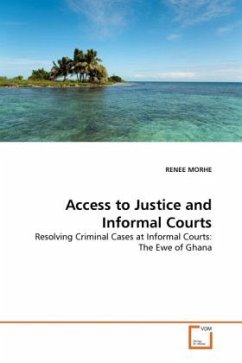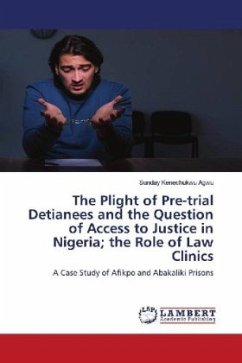There is a general quest for alternative forums to complement state courts to improve access to justice. One of these alternatives is the chiefs' courts. Yet, chiefs' courts, the dispute resolution forums of chiefs and their elders outside the state courts, do not have criminal jurisdiction. This jurisdictional ban has, however, not stopped chiefs from assuming jurisdiction over criminal offenses and settling criminal cases. Not much is known about current chiefs' courts and their criminal settlement processes. Using the example of Ewe chiefs' courts in Ghana, this book provides information on the nature of the chiefs' courts, the range of offenses before them, the procedures used in resolving criminal cases, the conformance of chiefs' courts with human rights standards, and their acceptability to litigants. This book should be useful to researchers interested in the workings of African societies, or anyone interested in the nature of chiefs' courts and how they affect the administration of criminal law in modern African countries.








